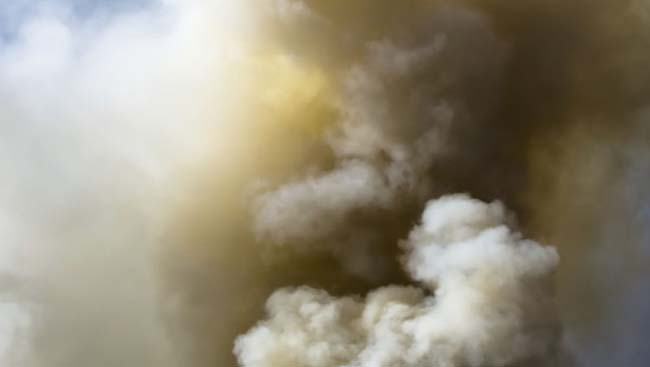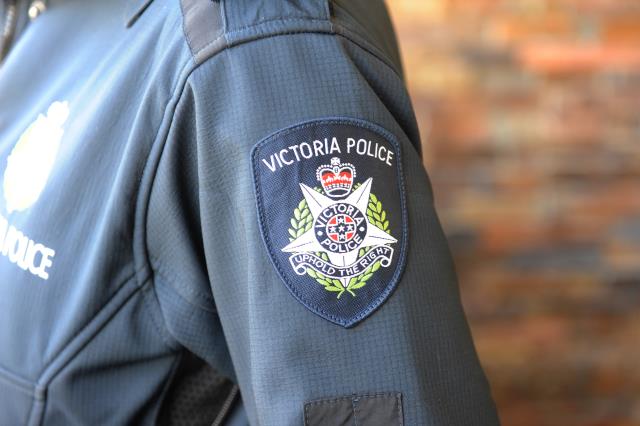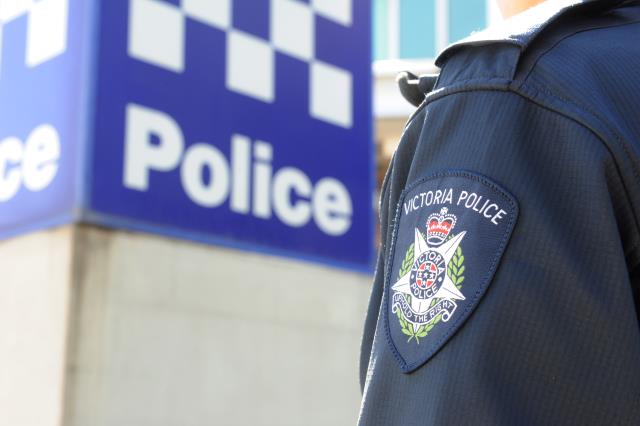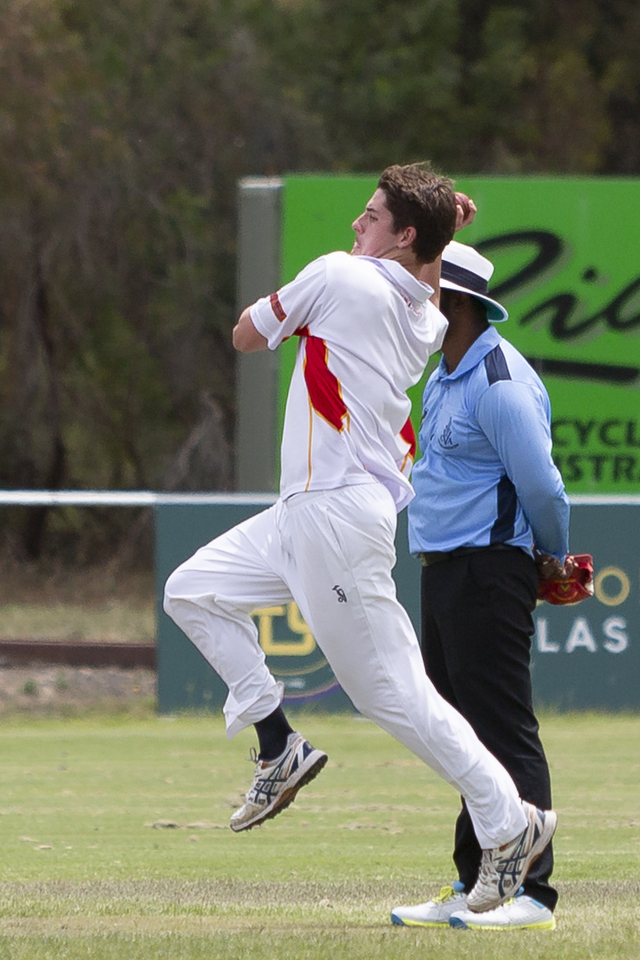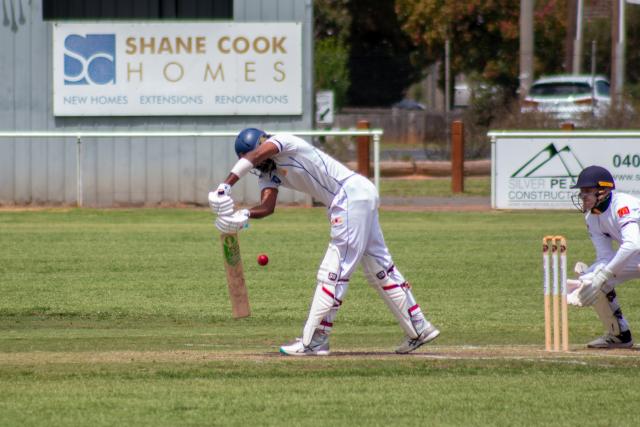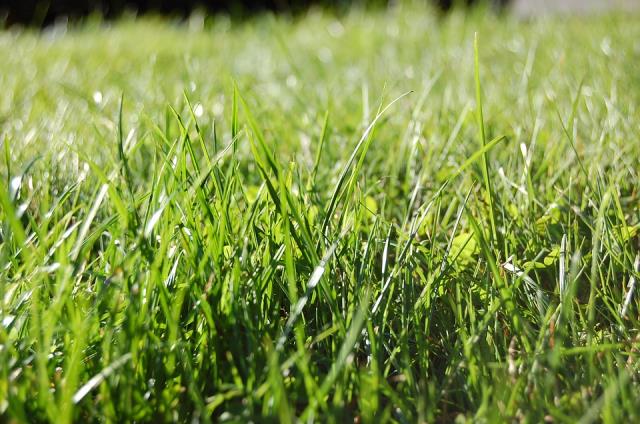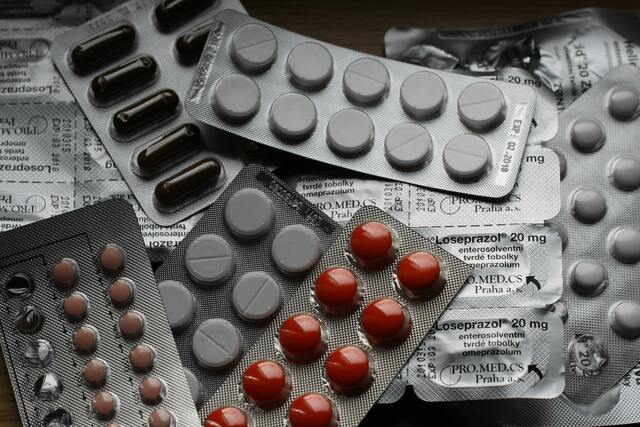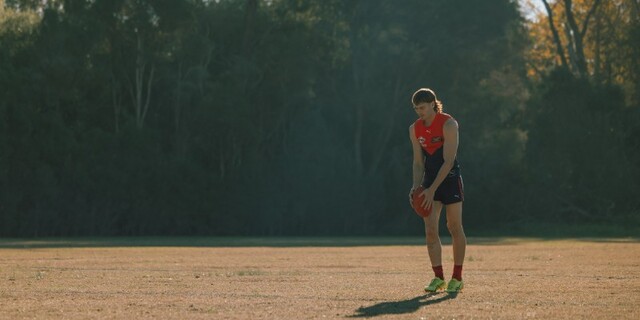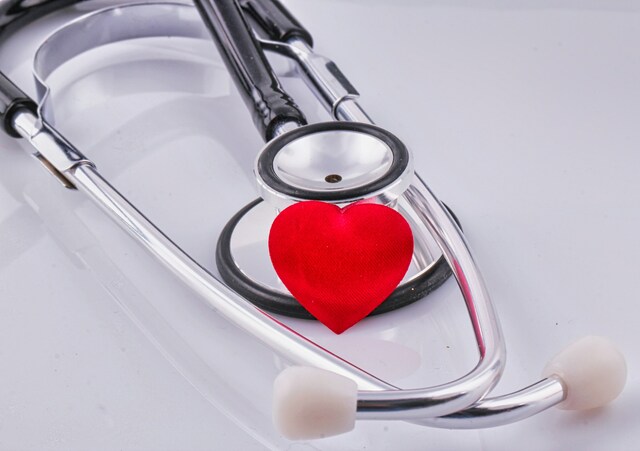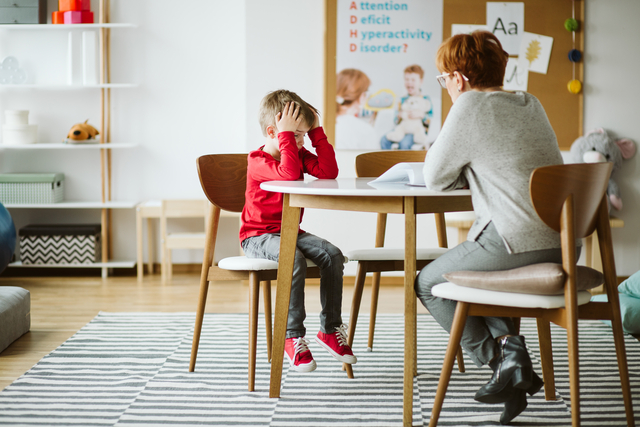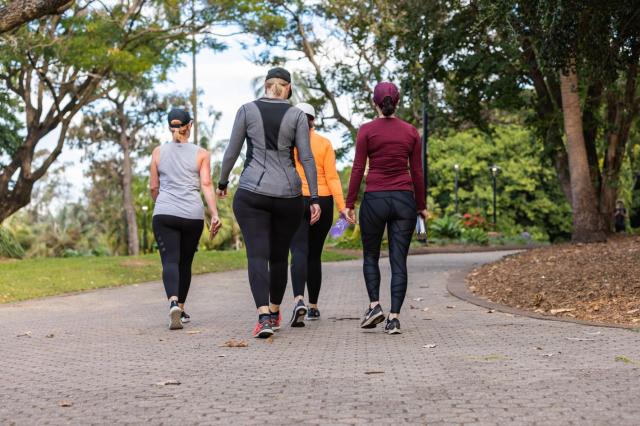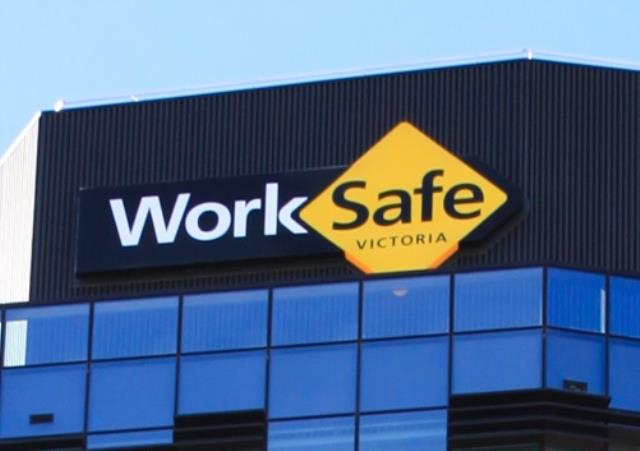Melton experienced some of the worst air quality in the world last week, as smoke haze that blanketed the city hit the west hard.
The haze, which came to the city from the East Gippsland bushfires, smothered the city from early in the week, and on January 14 the Environmental Protection Agency categorised the air quality between very poor and hazardous.
The EPA says an air quality reading of over 300 is considered hazardous, with the World Air Quality Index saying Melton recorded a reading of 448 on January 14 and 591 on January 15.
Those readings were significantly worse than Delhi in India (167) and Shanghai in China (229) on January 14.
Victoria’s Chief Health Officer Dr Brett Sutton said it was important for residents to remain vigilant of the effects of the smoke on your health.
“The health effects of smoke exposure are really the worsening of cough, eye nose and throat irritation, and anyone can get that when we’re in moderate to poor air quality,” Dr Sutton said.
“For those vulnerable groups, the over-65s, the under 15s, pregnant women, and people with existing lung or heart disease, it’s really important to limit exposure to the smoke.
“I think it’s important to use the EPA website to monitor the air quality in your local area and plan accordingly.”
A number of local pools were closed due to the smoke, with recreation facilities in Ballan and Bacchus Marsh closed for several days.
Melton council chief executive Kelvin Tori said council staff who worked outdoors had taken precautions throughout the week, and reminded locals to keep an eye on smoke conditions in coming weeks, as the haze could be in place at other times over summer.
“Council has advised staff who work outdoors to take precautions while the air quality is impacted by bushfire smoke,” Mr Tori said.
“Staff have been encouraged to take regular breaks indoors or in vehicles, use personal protective equipment such as masks where required, and to follow guidance from the EPA Air Watch website and WorkSafe Victoria.
“We would like to remind residents to take extra care when the air quality is rated very poor or hazardous.”

